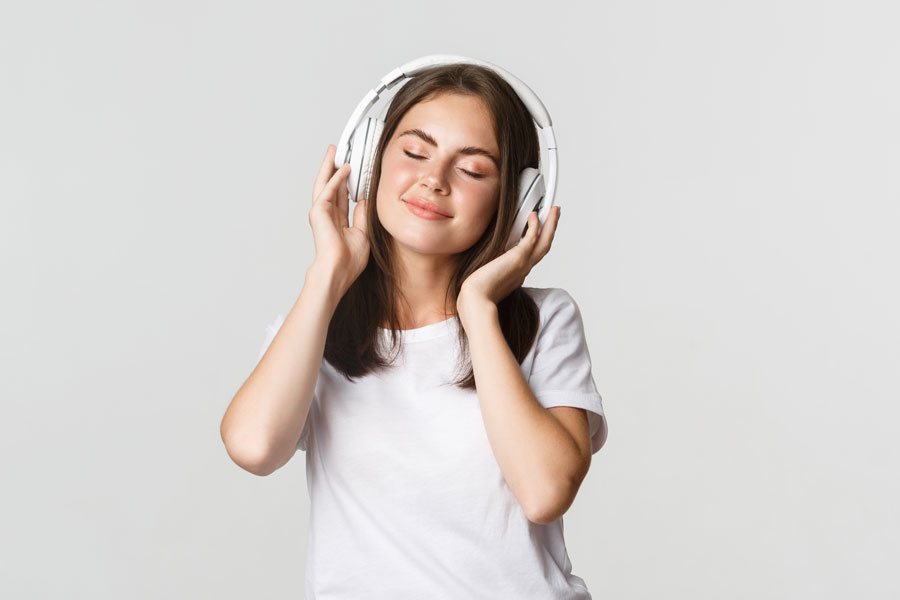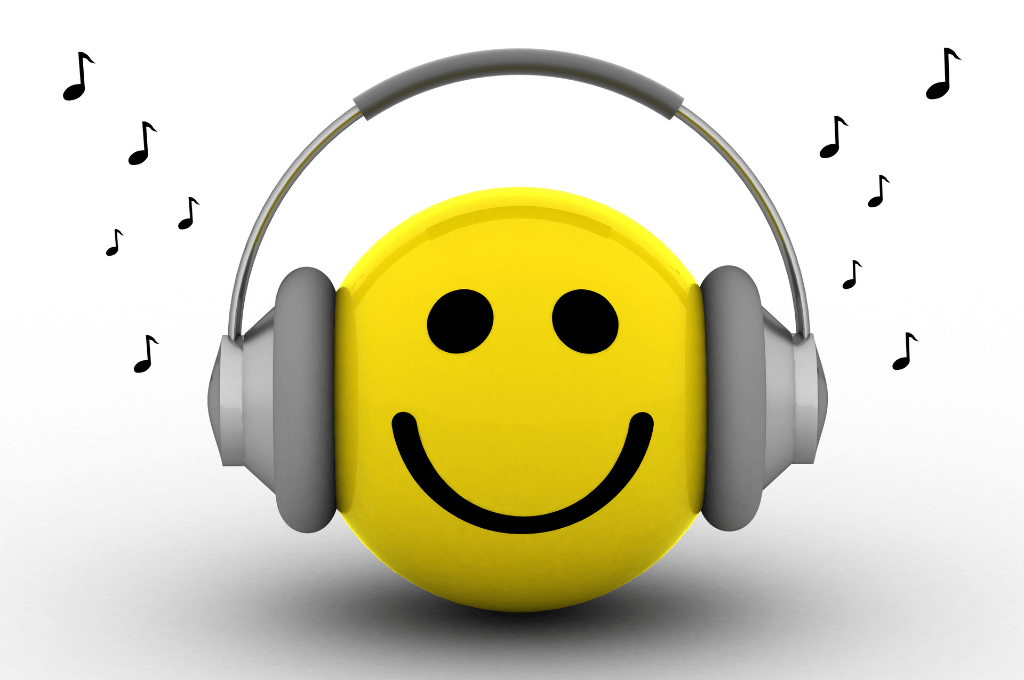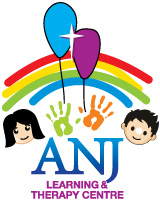Services
Music Therapy

Music Therapy Services by ANJ Therapy Sydney
Music Therapy Services by ANJ Therapy is one of the most trusted names in Sudney. The compassionate and result-oriented approach of our therapists have been able to help our clients to overcome some of the major hindrances in their lives.

Several clinical and educational objectives can be met by music therapy methods, including Encouraging wellness, Control stress, treating pain, expressing emotions, improving memory, and communication, encouraging physical rehabilitation, and more. The implementation of research-based music therapies to enhance our participants’ health, functioning, and well-being is a key responsibility of music therapists at A N J Learning and Therapy Centre. Our skilled music therapists work with clients of all ages to enable interactive musical experiences that will aid in the achievement of their objectives.
At A N J Learning and Therapy Centre, Music Therapists play a vital role in implementing evidence-based music interventions to help improve our participant’s health, functioning and well-being. Our Music Therapists are talented therapists that target participants of any age to help facilitate interactive musical experiences to help attain their goals.
What is music therapy?
The use of music to meet a group’s or an individual’s physical, emotional, cognitive, and social needs is known as music therapy. It makes use of a range of activities, including guided imagery, playing an instrument, writing songs, and listening to melodies. The body’s rhythms can be slowed down by music, and it can also change our mood, which can have an impact on our actions.
Music therapists who have received training and certification practice in a range of clinical and academic contexts. They frequently assist those who are struggling with emotional disorders like grief, anxiety, and despair. Additionally, they assist those who require rehabilitation following a stroke, serious head injury, or long-term diseases like Parkinson’s or Alzheimer’s disease. Music Therapy Services by ANJ has been providing amazing results for its clients.
Paediatric Music Therapy:
When a kid is receiving inpatient or outpatient medical care, pediatric medical music therapy uses music and the therapeutic relationship to encourage healthy coping and protect the child’s psychological well-being.
Our music therapists are compassionate people with years of expertise in helping kids and their families. They use musical interventions to target your child’s requirements in accordance with their objectives. By fostering and enhancing their social and play abilities, emotional control, behavior, fine and gross motor skills, and self-esteem, they realize their full potential.

How does Music therapy help?
When you take Music Therapy Services from ANJ Therapy, you can be assured of the services of a Registered Music Therapist (RMT) that is accredited by the Australian Music Therapy Association (AMTA). This indicates that they have successfully finished a recognized music therapy university program and regularly refresh their abilities through ongoing professional development. Our music therapists are skilled in providing therapeutic services that help:
- Well-being and mental health
- Speaking, listening, and social skills
- Physical function, coordination, and body movement
- Memory, focus, and cognitive abilities
- Treatment of pain
How do we Employ Music Therapy?
There are several ways to employ music therapy. This will be decided after understanding the needs after the consultation. Some of the ways to employ music therapy are as follows:
- When a person has trouble speaking after a stroke, singing words or brief phrases to a straightforward melody can frequently improve speech output and fluency.
- Playing easy piano melodies or tapping out a rhythm on drum pads might help someone with poor motor abilities hone their fine motor skills. A person’s ability to initiate, coordinate, and time their actions can also be improved by listening to rhythmic stimuli, such as a metronome.
- For autistic kids with poor social skills, a therapist might play a piece of music and ask them to picture the emotions of the person who composed it or the person playing it. A person with autism may gain or increase this ability to take into account the emotions of others by doing this.
- Group drumming circles have been utilized to promote social bonding, give an outlet for emotions, and promote relaxation. The therapist may lead the group in drumming activities while they are seated in a circle with hand drums. Group participants may drum individually or collectively. As a way to foster more group cohesion, those in the circle may be invited to convey their emotions through the beat they play on their drum or the group may be asked to improvise music.
- Guided imagery or progressive muscle relaxation treatments could integrate music to increase their efficacy.
